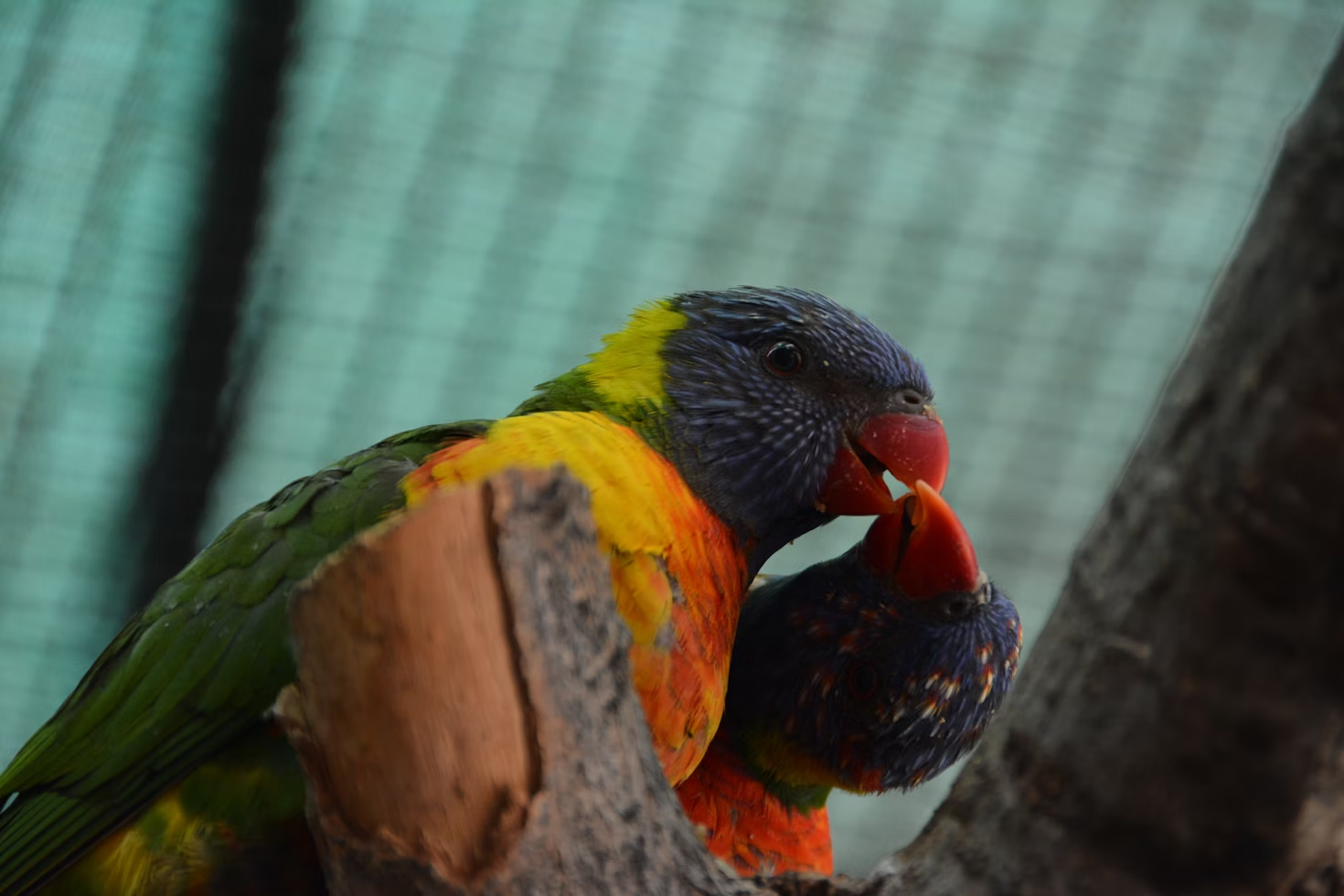Exotic Birds Breeding
I would love with to say that breeding exotic birds is a joy and all there are challenges. But exotic birds need special care, an even more specific understanding of their species, and tons of time and resources. This guide will detail the difficulties of breeding exotic birds and the most effective strategies for successful breeding.
Learning About Exotic Birds and Their Habits
Parrots, finches, macaws and other foreign birds originate from different natural habitats and have their own specific conditions in which to breed. Learning about their behavior, dietary choices, and environmental habitat is crucial before establishing a breeding program.
Key Factors to Research:
- Mating Behavior/Nesting/Diet:” Each type of bird has unique requirements for how they mate and breed, their nesting habits and dietary needs.
- Lifespan and Mating Age: Some birds, such as African greys, take years to mature sexually.
- Pair bonding is an art – not every pair can harmonies instantly, some take their time finding the right tune.
Cons of Breeding Exotic Birds
However, breeding exotic birds has its challenges. Since most of us breeders have come up against the following issues at some point or another,
Finding Compatible Pairs
Not every bird will pair up successfully. In the case of some species where mates are very selective about which individual they pair with, a forced pairing can result in aggressive or stressed individuals.
Answer: Give all birds free run of socialization with one another, so they can bond on their own, THEN try to breed them.
Crafting the Appropriate Surroundings
Whether or not these exotic birds breed depends on their feeling secure enough in their habitat and their comfort level, to accomplish mating. Such as, the well-adjusted lighting, temperature, and humidity
Solution: Recreate their natural environment as close to the real thing as possible. Utilize UV light, keep the temperature constant, and provide nesting material.
Health and Nutrition
Infertility, poor egg quality, or chicks that are unhealthy can all be caused by a lack of nutrition.
Shock: Offer broad-spectrum species-appropriate foods, such as seeds, pellets and fresh fruits and vegetables. Use calcium and vitamins for supplementation thorough breeding season.
Egg and Chick Care
Some exotic birds are not good parents. Other organisms might dispose of their eggs or neglect to care for their chicks.
Solution: Be ready to intervene with egg incubation and hand feeding chicks if needed. That takes specific gear and experience.
Legal and Ethical Assumptions
Ask about local wildlife regulations regarding breeding exotic birds among other things; you may also need a permit to approve. Other practices, such as overbreeding or putting birds in the hands of first-time owners, can be detrimental to a species.
Solution:
Follow laws of the land and ethical breeders practice one method αποδημία. Engage buyers who will treat scorpions with proper care.
Ideal Practices for Hatchlings of Exotic Birds
Use these practices to help guide you through the hardships and provide your birds with a prosperous, happy life.
Invest in Proper Housing
Provide enough room for your birds in cages or aviaries suitable to the needs of the species. Keep the surroundings clean and safe, away from under stress (loud sounds) and predators.
Monitor Bird Health Regularly
Take your birds to an avian vet for regular check-ups. Monitor for signs of illness like lethargy, loss of appetite, or abnormal feces.
Understand Mating Behavior
Study the courtship of the species you chose. For example:
- Parrots: Grooming each other and feeding together.
- Finches: Construct nests in pairs and sing to attract mates.
- Make nesting materials and privacy available to promote mating.
Prepare for Emergencies
They can have trouble, from egg binding to rejection of chicks during breeding. Furnish a first-aid kit and establish contact with an avian veterinarian.
Keep Detailed Records
Record key information such as mating dates, egg-laying, hatching and chick growth. With this data, you can track your progress and catch problems early.
Educate Yourself Continuously
Become involved in any bird-breeding groups that are active, participate in seminars, and catch up on journal articles. Tips and tricks in breeding evolve so staying up to date is important for success.
The Responsibility Of Ethical Breeding
There is also a moral obligation involved in breeding exotic birds — their welfare must come first. Inhumane practices, mass producing birds in horrible conditions can damage birds at all levels – both locally and globally.
Tips for Ethical Breeding:
- Find quality over quantity.
- Work with conservation programs, helping endangered species.
- Make sure every baby goes to an educated and dedicated home.
Conclusion
You just finished reading Breeding Exotic Birds – An Infographic on the Basics of Bird Breeding at Your Pets: Home for Wags and Claws! When you learn what makes keeping the aquarium challenging and discover some best practices, you can help ensure these amazing creatures thrive.
Regardless of whether you breed at least partly for conservation or just for fun, never forget that the birds come first. Take good care and you can enjoy practicing ethics and bringing up these wonderful animals.

